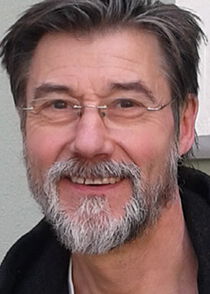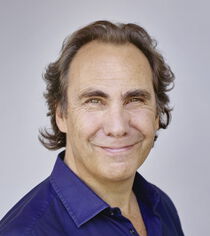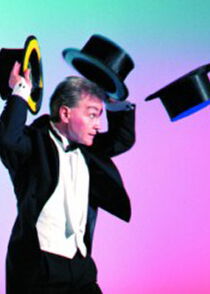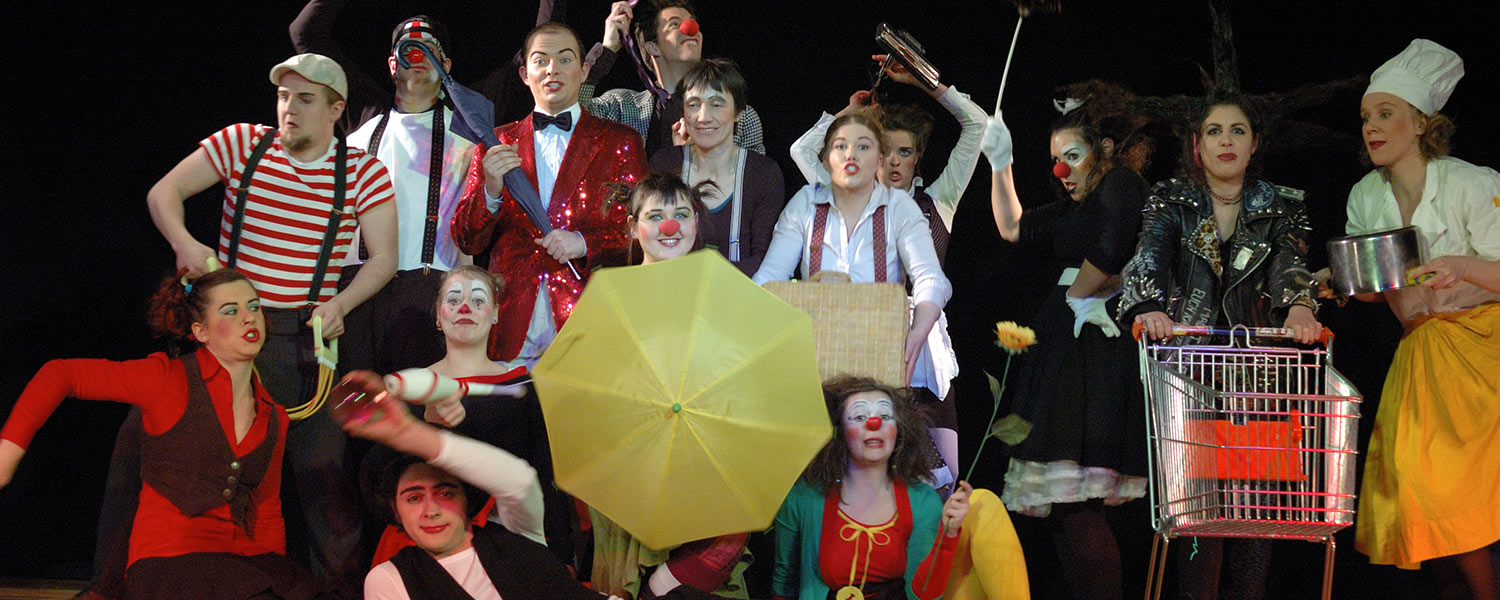Clowns are as diverse as the people behind them.
The traditional circus clown has long since ceased to define the image of a clown. Today, clowns can be found in a wide variety of contexts:
- as clowns on stage, on the street, on cabaret stages, in variety shows and at events, and of course in the circus,
- but also in hospitals and retirement homes as hospital clowns and clown caretakers,
- in therapeutic and educational work,
- or as trainers and clown coaches in communication and mediation.
To ensure that everyone can develop their own personal character and scene during their training, we have developed a training concept that takes into account both personal development and the professional teaching of the necessary acting techniques.
With the clown method "The 5 Rooms of Laughter," developed by Michael Stuhlmiller, we combine the acting techniques of the stage clown with body therapy methods. This creates the foundation for performing both as a clown on stage and as a hospital clown, clown coach, or clown caretaker.
Process
Depending on whether it leads you to the stage or whether the clown simply becomes a stimulus in your life. With the clown training, you lay the foundation for a playful shift in perspective.
- All courses are offered as weekend courses from Fri - Sun, as 4-day blocks from Thurs - Sun, or as intensive weeks from Mon - Sun.
- The training is divided into modules.
- Each module is self-contained, depending on the performance and communication topic.
- You can register for the various training courses as a compact package or book each module individually, thus creating your very own study plan.
All training courses begin with the basic course "The Pure Clown" and three additional intensive courses from the "5 Rooms of Laughter" series. Afterward, you can prepare for the final exam to become a "Certified Clown" in act coaching. This qualification is also part of the advanced training to become a clown coach and clown caregiver/clinic clown.
At the same time, the qualification as a "certified clown" counts as an intermediate examination for the training to become a "state-recognized clown actor."
-
"The clown is actually present daily in my psychotherapeutic work with children. And I have beautiful images in my mind from the continuing education days at the clown school. Thus, the clown gives me strength and an inner perspective on everyday events." Katja, Child and Adolescent Psychotherapist
"After the clown course, my attitude changed, and my relationship with my boss even improved. He asks for my opinion more often, and in difficult situations, I was very grateful to remember the parallels to clowning and to be able to turn an annoying situation into a fun one." Wilfried, Insurance Salesman
"Overall, the training and self-awareness were certainly one of the greatest springboards for me to open myself more freely to life and my own being, to surrender myself more deeply, and to experience more intense physical contact. The blueprint, the pause when I fail, and the trust that the inspiration to "move on" will come naturally if I don't resort to drama, control, or manipulation mechanisms." Manfred, Vocational School Teacher
"My life has been enriched in a special way through this intensive training at the School for Clowns." Uwe, Computer Science Specialist
"The clown method sharpens your focus on the essentials. Complex, multifaceted topics are reduced to their core, made intensely tangible, tangible, and experienced, and implemented through play. I benefit from it not only personally, but also in my role as a systemic coach." Petra, Coach
"Through the training, I started to play/imitate everything during work. It was fun, and suddenly the work was fun too." Jürgen, Educator
"Working with the elderly – usually very exhausting because I'm always adapting to them. Now I made sure I always stay on my axis and maintain contact with myself. That wasn't exhausting at all anymore. The breathing exercises give you an energy boost." Irene, Geriatric Nurse
"Together with the children, we got the parents involved in playing using the twin principle." Iris, Youth and Parent Counseling "I know what I'm capable of, but I still don't dare to speak freely in a large group. In clowning, I enjoyed the fact that there was no right or wrong. Today, I dare to just get started, even if not everything is perfect right away." Karin, Pharmaceutical Technical Assistant
"The clown not only changes the teacher's self-image but also their relationship with students and colleagues. It transforms the lesson in a different direction and helps deescalate critical moments." Samuel, Lecturer in the Business Administration program
"Even during the first few training weekends, I quickly realized that it actually takes a considerable amount of courage to implement the decision to become a clown and to be a clown with such advanced training. For me, it became a very profound, very personal experience. Michael's extremely keen sense of the individual's personal character always provided inspiration, often pointed out individual clues, and helped me better recognize my own barriers and overcome them playfully. My life has now been enriched in a special way by this intensive training at the School for Clowns." Uli, Graphic Designer
I play with my nose, start preparing myself, briefly dive behind the imaginary curtain - and then it starts, the stage is mine. I duplicate what's happening: not what's being said, that's not important anyway. Instead, I duplicate the postures in which the participants sit and bore each other: on the chair Lounging around; playing with their phones in passing. Over time, my confirmation candidates are getting excited about it. They play along, and afterward, we can talk about the experience that lies between today and Sunday. And about everything that will have changed in their lives by then, what is commonly called "growing up." Stefan, Pastor
What shocked me most was the realization of how far removed we are from our feelings and our bodies, knowing that my physicality and my feelings are so important. They are my expression and my vitality. Yet, I realized how difficult it is to stand up for myself. I still stand in my own way and judge myself too often, questioning myself instead of accepting myself as I am. Over the course of the course, that has changed, and when I play, I no longer worry about it. I can use this experience wonderfully to understand and interact with my students. Elvira, Teacher
Your teachers

Teacher of Mime and Comedia del Arte
Studied mime at the Folkwang Academy of Music in Essen. Awarded the Folkwang Pantomime Studio Folkwang Prize in 1980. Engagements as a mime artist and actor since 1996 including at the Frankfurt Theater and Opera, the Bayreuth Festival, and the Büchner Theater.

Clown Professor Founder and Director of the School for Clowns.
State Examination Master of Music and Art at the University of Kassel. Acting training at the Teatro Nucleo in Italy. Vocal training with Nurit Goren and Walker Wayatt. Musical performances with Heinrich Mucken, including participation in doc 8 and doc 10. Co-founder of the Blauhaus Clown Theater. Performances as an actor and clown. Participation in international festivals in Poland, Italy, the Netherlands, and France, among others. Further training in music therapy and Integrative Body Psychotherapy (IBP) according to Dr. Jack Rosenberg and Family Therapy (SGT) with Dr. Willem Poppeleir.

Teacher for Artistics
State Circus School in Bucharest and Moscow. At an international circus festival in Ulan Bator, he won the gold medal for best handstand artist. Since then, Eugenio has performed in many countries around the world, including Japan, Israel, Italy, Hong Kong, Singapore, the USA, Brazil, Canada, Switzerland, Spain, France, Argentina, Germany, and others. He has performed in variety shows, circuses, cruise ships, theaters, and more.
Nächste Termine
Informiere dich jetzt über die Ausbildung zum Clown
Wenn du weitere Fragen hast, melde dich gerne.

